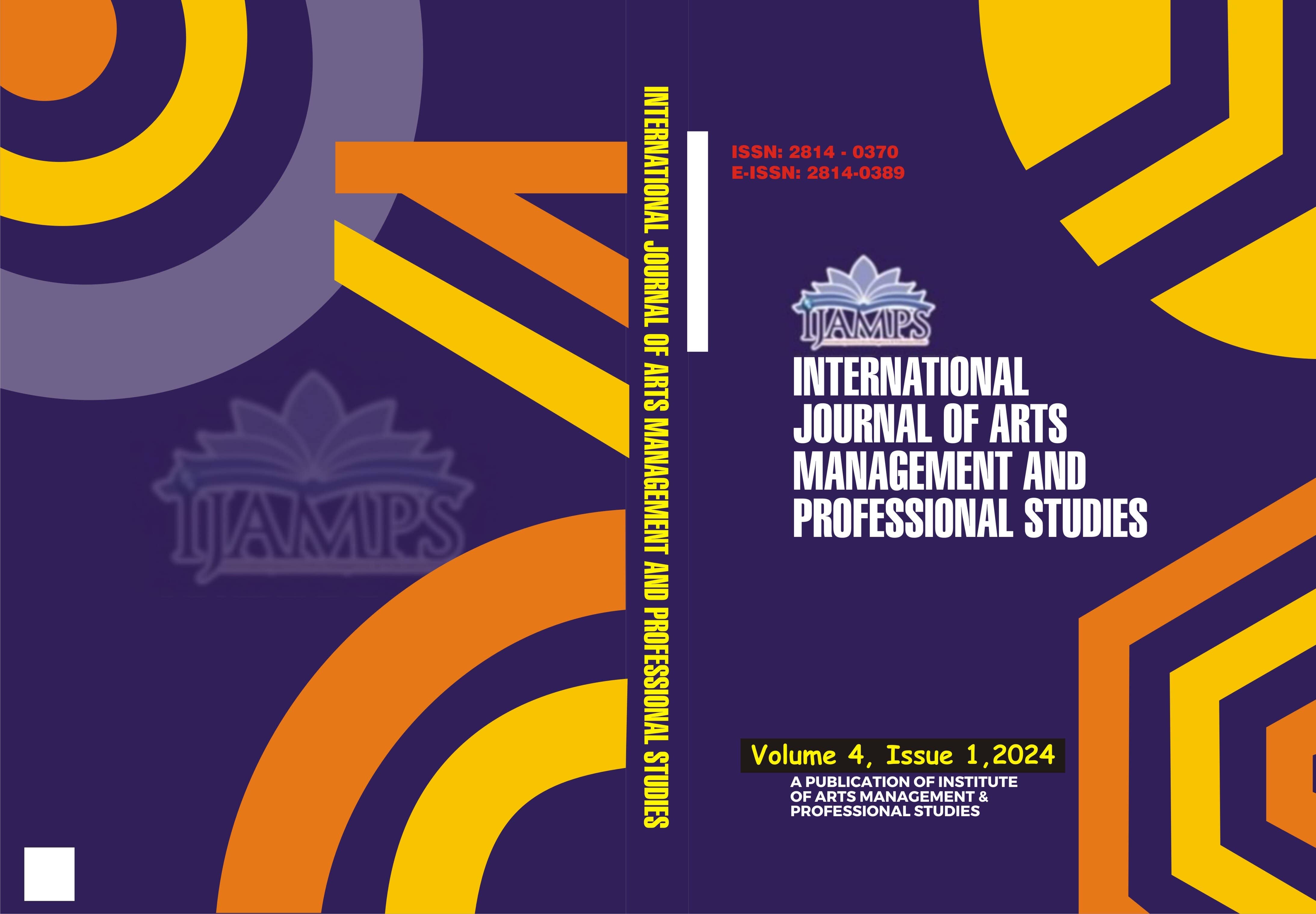
An Assessment Of Micro Pension Scheme On Financial Inclusion In Nigeria
Prof. Eze Chidi Nwauba Department Of Public Administration, I-FATOSS University, Republic Of Benin E-mail: Profnwauba@iamps.edu.ng Vc@ifatossuniversity,.edu.bj +2349124673109 +22956994131
Volume 4, Issue 1, April 2024
This paper focused on doing a comprehensive analysis of the Micro Pension Scheme in Nigeria and its implications for enhancing financial inclusion. Nigeria, as a nation, possesses a diverse cultural heritage alongside significant economic inequalities. The implementation of micro pensions was undertaken as a means to mitigate this disparity. The study utilized the Diffusion of Innovations Theory, the Social Capital Theory, and the Behavioural Economics Theory to examine the challenges involved in implementing a micro pension programme. The findings demonstrated the importance of the programme aligning with established social and economic norms in order to ensure its level of acceptance. The significance of trust, open dialogue, and utilizing social networks in the process of activating local communities became evident. The field of behavioural economics has contributed novel perspectives on the mechanisms underlying decision-making, subsequently resulting in the widespread adoption of "nudging" strategies. The study also acknowledged the necessity of providing training to stakeholders in order to enhance their cultural sensitivity. Additionally, it emphasized the importance of obtaining empirical evidence to support and supplement the theoretical findings. In order to enhance the implementation strategy of the micro pension system, several key approaches were suggested, including strategic communication, a continuous feedback mechanism, collaborative research methodologies, and a robust monitoring and evaluation framework. This study made a valuable contribution to the continuing discourse surrounding financial inclusion in Nigeria. It achieved this by thoroughly investigating several factors related to the micro pension system and providing insightful recommendations to key stakeholders such as policymakers, financial institutions, and community leaders. The researchers expressed their goal that their findings would contribute to the development of policies aimed at fostering widespread economic engagement and ensuring financial stability in Nigeria.